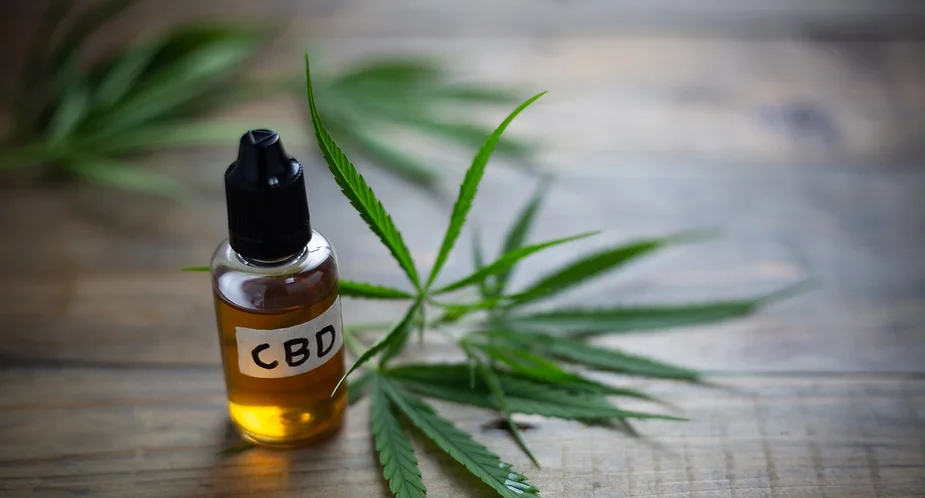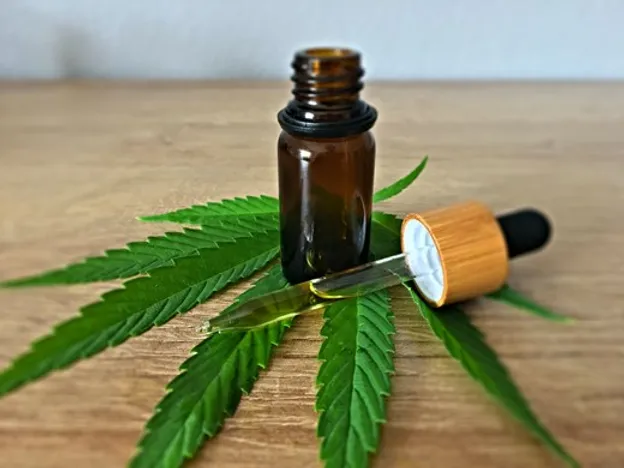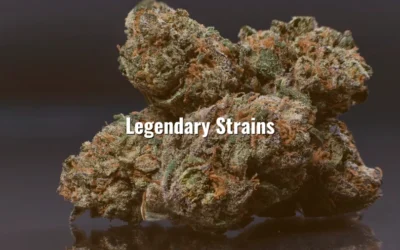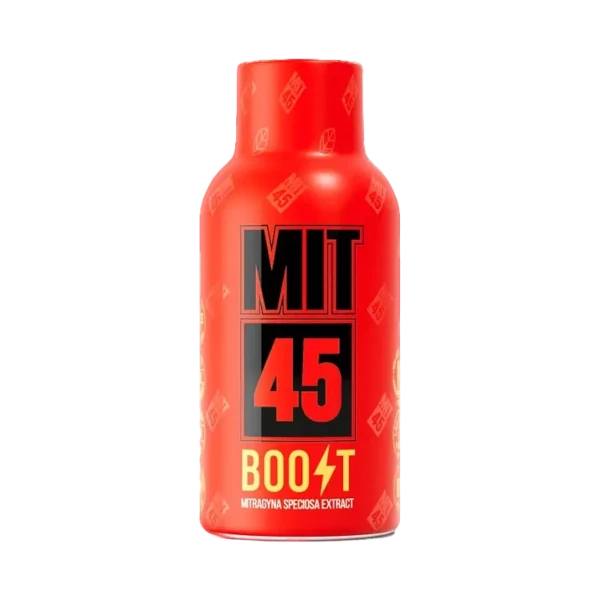Introduction
If we look around us, we can evidently see that marijuana has remained widely accepted and documented, and its rise is at its peak. But with the rise of marijuana, we should not overlook the fact that the compounds in it are psychoactive, and there should be a proper consideration of its effects on the body. There are two kinds of components: THC and CBD. This blog will discuss the differences between THC and CBD. There are ways to make use of medical marijuana and its applications in medicine.
Marijuana, in medicinal terms, is discussed as cannabis, like THC and CBD, for healing purposes with the approval of a physician. They are prescription-based and are suggested to ease the indications, manage the pain, or recover the quality of the patient’s life as cannabinoids cooperate with the body’s own endocannabinoid system, resulting in their euphoric effect on the person.
On the other hand, CBD is derived from Cannabis sativa which is not a psychoactive or stimulant compound, nor does it interact with the body. The main euphoric and psychoactive effect is due to the THC present in marijuana. Medical marijuana is not allowed to be used without a prescription, as it is crucial to have the perfect and optimal dose for it.

CBD vs THC: Understanding the Differences and Benefits
Without further ado, let’s discuss the differences and benefits of THC and CBD:
1. Psychoactive Effects:
It produces a high and euphoric effect. On the other hand, CBD is not responsible for producing the “high” in the human body, and neither does it interact with the body’s embedded systems, i.e., endocannabinoids.
2. Medical Use:
THC is used for relieving pain and nausea, and it is used as a muscle relaxant in the case of spasms. CBD is also used in medicine, but for pain management and mainly for depression and anxiety reduction. One of its major uses is shown in the treatment of epilepsy.
3. Binding To Cannabinoid Receptors
THC is entirely responsible, as it binds with the CB1 and CB2 receptors and interferes with the body’s own cannabinoid system. At the same time, CBD is responsible for modulating the activity of these receptors.
4. Side effects:
Long-term use of both is not good. THC can result in short-term memory impairment, anxiety, and potential dependency, whereas CBD is well tolerated by the body but can interfere with side effects like fatigue or dry mouth.
5. Legal Status:
The legal status of THC and CBD is that they are both under jurisdictions, like THC is mostly controlled, and CBD is somewhere legal, somewhere it’s not, and is restricted.
6. Source And Availability
Due to legal restrictions on THC, they are restricted in many areas, and CBD is mostly common and can be sourced easily. In contrast, the source of THC is found to be higher in plants, i.e., marijuana. CBD has been found in both marijuana and hemp plants.

Conclusion:
In conclusion, considering the differences and benefits of THC and CBD, it is significant for anyone using medical marijuana or cannabis products to understand their effective use. While THC is known for its psychoactive effects and is usually used for pain relief and muscle relaxation, CBD does not result in the same “high” and is often used for handling pain, anxiety, and depression. It is important to note that collected THC and CBD can have possible side effects and should be used under the management of a physician. Additionally, the legal status of these compounds varies by jurisdiction, and it is crucial to be aware of the laws in your area before using medical marijuana or cannabis products. You can look for a recreational dispensary near me to find them.



